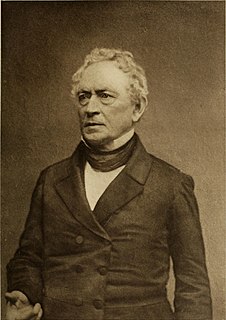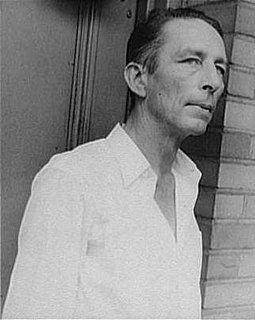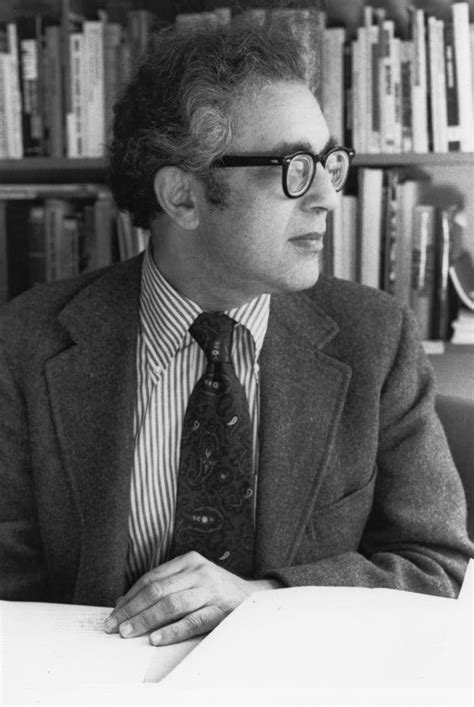A Quote by Henry David Thoreau
How far men go for the material of their houses! The inhabitants of the most civilized cities, in all ages, send into far, primitive forests, beyond the bounds of their civilization, where the moose and bear and savage dwell, for their pine boards for ordinary use. And, on the other hand, the savage soon receives from cities iron arrow-points, hatchets, and guns, to point his savageness with.
Related Quotes
There is nothing in either savage or civilized history that is more utterly complete, more remorselessly sweeping than the Father of Mercy´s campaign among the Midianites. The official report deals only in masses, all the virgins, all the men, all the babies. all ´creatures that breathe,´ all houses. all cities. It gives you just one vast picture ...as far as the eye can reach, of charred ruins and storm-swept desolation... Would you expect this same conscienceless God, this moral bankrupt, to become a teacher of morals, of gentleness, of meekness, of righteousness, of purity?
Agriculture seems to be the first pursuit of civilized man. It enables him to escape from the life of the savage, and wandering shepherd, into that of social man, gathered into fixed communities and surrounding himself with the comforts and blessings of neighborhood, country, and home. It is agriculture alone, that fixes men in stationary dwellings, in villages, in towns, and cities, and enables the work of civilizations, in all its branches, to go on.
Strange that so few ever come to the woods to see how the pine lives and grows and spires, lifting its evergreen arms to the light,--to see its perfect success; but most are content to behold it in the shape of many broad boards brought to market, and deem that its true success! But the pine is no more lumber than man is, and to be made into boards and houses is no more its true and highest use than the truest use of a man is to be cut down and made into manure.
Savage peoples are ruled by passion, civilized peoples by the mind. The difference lies not in the respective natures of savagery and civilization, but in their attendant circumstances, institutions, and so forth. The difference, therefore, does not operate in every sense, but it does in most of them. Even the most civilized peoples, in short, can be fired with passionate hatred for each other.
When the sun shouts and people abound One thinks there were the ages of stone and the age of bronze And the iron age; iron the unstable metal; Steel made of iron, unstable as his mother; the tow-ered-up cities Will be stains of rust on mounds of plaster. Roots will not pierce the heaps for a time, kind rains will cure them, Then nothing will remain of the iron age And all these people but a thigh-bone or so, a poem Stuck in the world's thought, splinters of glass In the rubbish dumps, a concrete dam far off in the mountain.
The Spirit of Cities presents a new approach to the study of cities in which the focus is placed on a city's defining ethos or values. The style of the book is attractively conversational and even autobiographical, and far from current social science positivism. For a lover of cities--and perhaps even for one who is not--The Spirit of Cities is consistently good reading.
As industries migrate toward the Far East, the future of many Western cities will no longer lie in manufacturing products but ideas and patents. Young, mobile elites can choose where they want to live, and they can easily move, which means that cities are involved in a heated competition for the best people. Only the most attractive cities can benefit from this development.
































